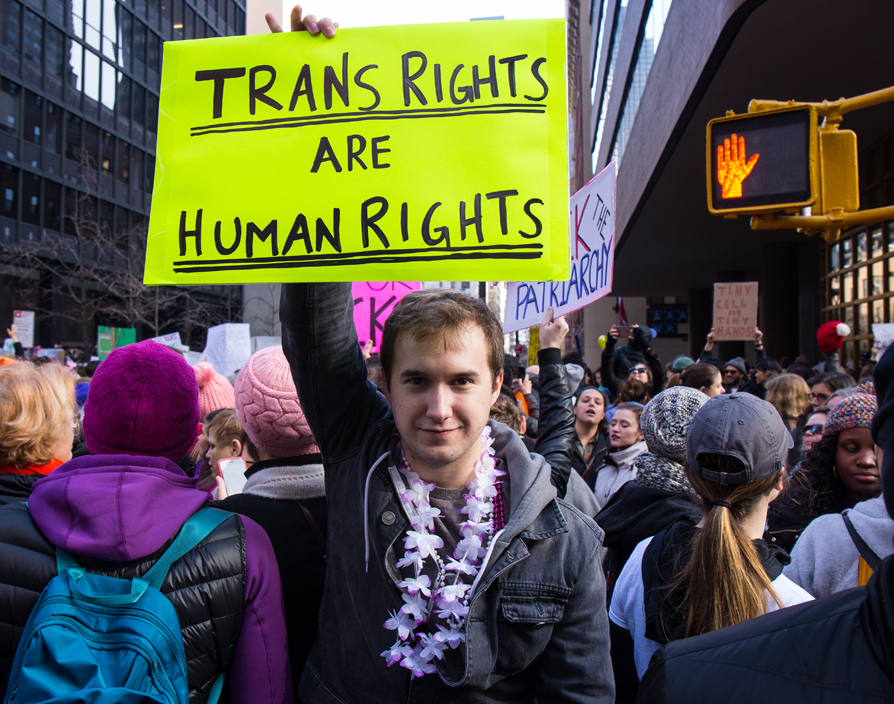The UK workplace is rife with transphobia. That’s according to new research revealing that 43% of bosses sit on the fence about whether they would hire someone who doesn’t identify with the gender assigned to them at birth. Now calls are being raised to expand the legal protection for transgender people.
Let’s start with the research. Having surveyed 1,000 business leaders, Crossland Employment Solicitors, the law firm, also revealed that only 9% believe transgender people should be protected against discrimination. Moreover, just 3% had an equal opportunities policy openly welcoming transgender people to apply for jobs. Out of the third of employers that would consider hiring a transgender person, just 8% think they should have equal rights to be hired as everyone else.
Looking at the workplace past recruitment, the researchers also revealed a lack of policies protecting transgender people. Shockingly, only 4% thought their workplace culture was diverse enough for these individuals to fit in. An underwhelming 2% had a policy supporting staff members transitioning from one gender to another and just 3% had an official support system for workers wishing to disclose their transgender status. Discouragingly, only 12% had structures in place to prevent transphobic bullying in the workplace.
Given this lack of policies and the reluctancy to implement them, it’s hardly surprising that 74% believe they’ve never hired a transgender individual. The researchers interpreted this as meaning that most transgender people hide their true selves from employers.
British laws are rather clear when it comes to the protection offered to people for their sexuality and for transexuals, people who are undergoing or have completed a gender reassignment surgery. However, the law doesn’t protect non-binary people, individuals who aren’t transitioning from one gender to another. Following these results, the researchers are now calling for better protection for transpeople.
Commenting on the findings, Beverley Sunderland, managing director of Crossland Employment Solicitors, said: “What is clear is the need to change the law to protect not just those who are going through gender reassignment but the wider transgender community such as non-binary workers. In 2016 The Women and Equalities Select Committee recommended amending the protected characteristic of gender reassignment in the Equalities Act 2010 to read ‘gender identity’ which was rejected by government.
“But if we’re to encourage businesses to build a trans-inclusive workplace then we need the backing of the law together with greater support for employers to help understand the issues around transgender workers in the workplace. A business where everyone feels welcome and valued is by far a more productive one.”
Clearly, this is a debate worth taking. ![]()
If you’re interested in contributing your thoughts on the matter, please email us at [email protected].
Share via:


















































